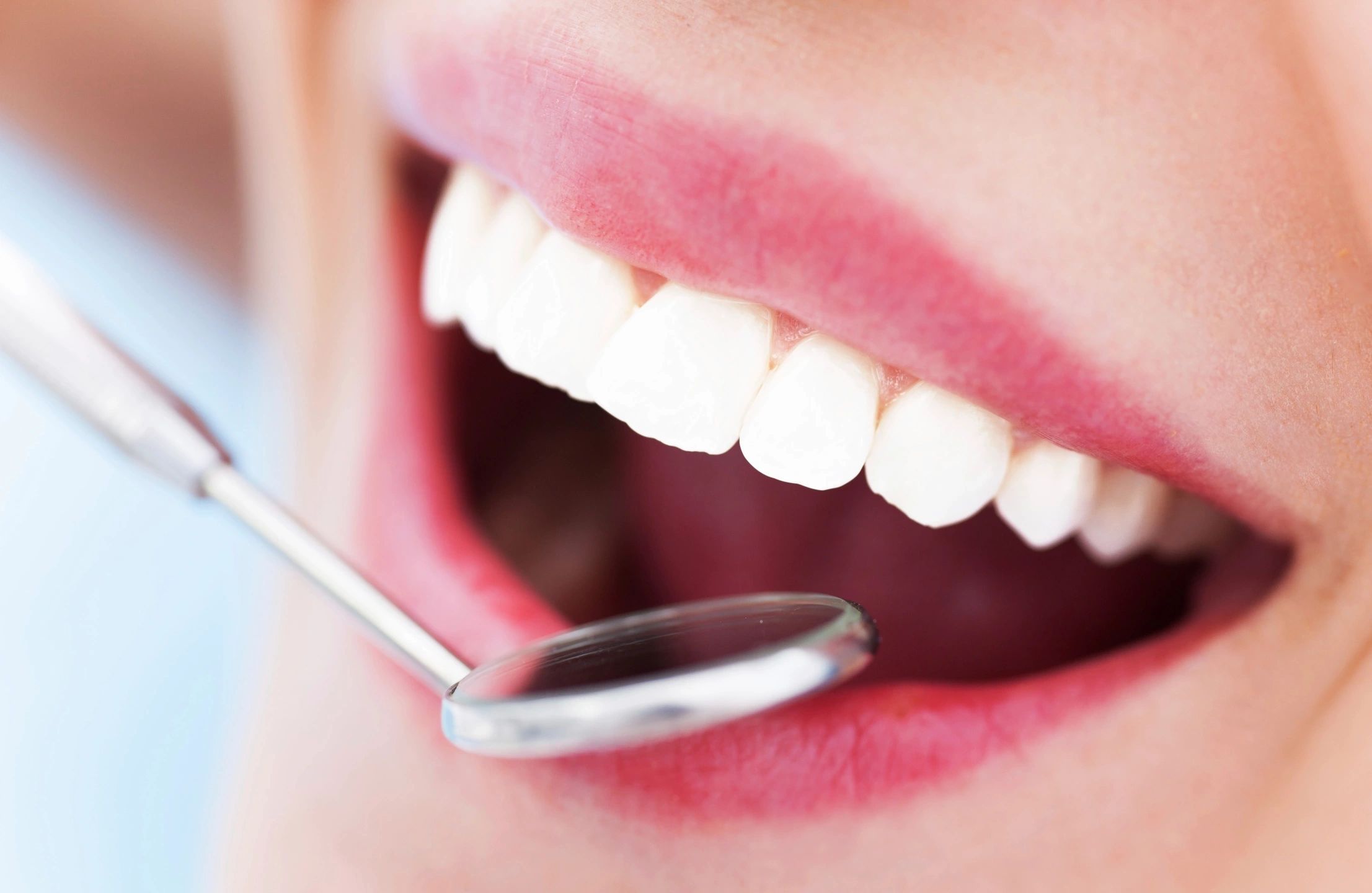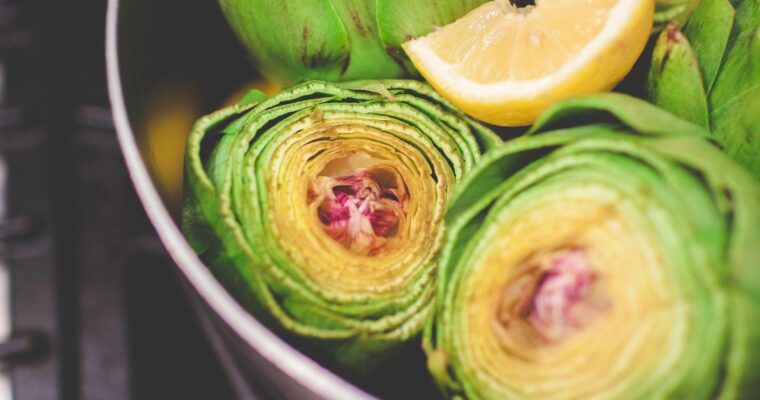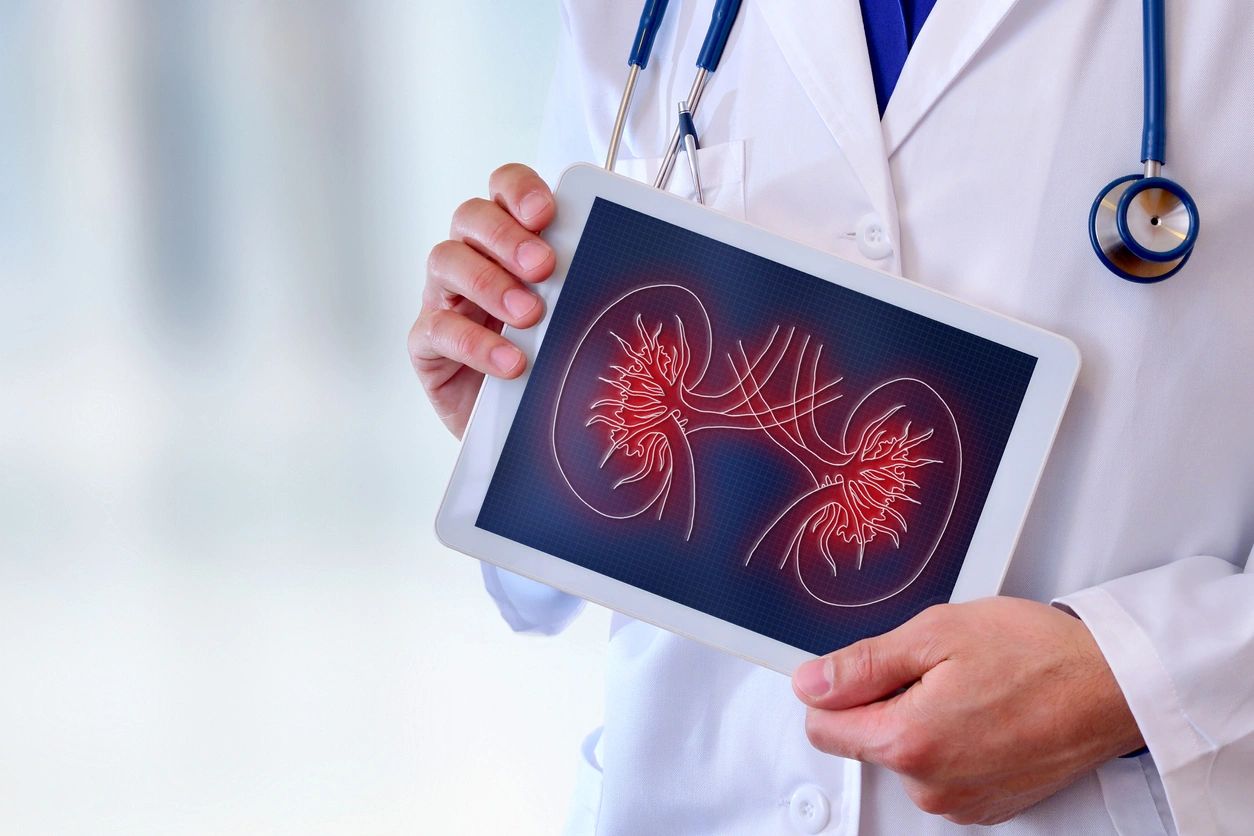Kidney Health Part 4
Dr. Claire Arcidiacono, ND
Dialysis
I wanted to talk about dialysis because in my experience it is one of the topics that people have the most questions about. If you can recall in part 1 of kidney health, I talked about how one of the main functions of the kidneys is to filter the blood. As the kidneys begin to fail to do their jobs the waste and toxins they should be removing aren’t removed and thus they build up in the bloodstream. This waste/toxins and excess fluid must be removed in some way. Dialysis is a treatment that does the job of your kidneys. It removes both waste and excess fluid from the blood.
There are two ways to get dialysis. The first is called hemodialysis. This is what most people think of when they think of dialysis. In hemodialysis a machine removes blood from the body and filters it through a dialyzer (artificial kidney) and then the clean blood is returned to the body. This process may take place at a hospital or dialysis center. Hemodialysis may be done at home.
The second form of dialysis is peritoneal dialysis. In this form of dialysis tiny blood vessels inside the abdomen lining filter blood through the aid of a dialysis solution. About a week before peritoneal dialysis the doctor inserts a Y shaped catheter into the abdomen (peritoneum). During the peritoneal dialysis procedure, the dialysis solution flows into the body via one part of the Y shaped catheter for about 60-90 min. During this time, the fluid absorbs waste and fluids. After 60-90 minutes the solution is removed via the other branch of the Y shaped catheter.
What can you expect during dialysis? Let us start with hemodialysis. During the actual procedure or right after you may have low blood pressure, or feel nauseous, dizzy, or even faint. Other side effects can include restless legs syndrome, muscle cramps, headaches, chest/back pain and itchy skin. During peritoneal dialysis your stomach may become extended, and you may feel bloated or full. You may also experience fever, abdominal pain, nausea/ vomiting after the procedure.
What are some of the complications that can occur with dialysis? With hemodialysis there is a risk of infection, poor blood flow, blockage from any scar tissue or even a blood clot. In the case of peritoneal dialysis, you may develop skin infections around the catheter. There is also a risk of developing peritonitis. Peritoneal dialysis can weaken abdominal muscles over time and increase the risk of a hernia forming. Over time peritoneal dialysis can lead to weight gain.
What is the outlook for dialysis? The outlook really depends on multi factors including age, overall health and what is the cause of kidney failure. In general, it is possible to live between 10-20 years on dialysis. If you experience any of the following, please contact the appropriate health care provider: difficulty urinating, dehydration, dizziness/fainting or low blood pressure. It is also important to seek medical care if there is any sign of infection, severe abdominal pain, unusual bulge in the abdomen/groin and any nausea/vomiting. It is important to work with your health care provider to determine which form of dialysis is best for you. (1)
What supplements are recommended to use during dialysis?
- NAC has been found to help improve kidney function in those undergoing dialysis. (2) Please see Invite’s NAC, Detox Hx and Daily Detox powder!
- Milk Thistle has also been found to help with kidney health in those undergoing dialysis. (5) Please see Invite’s Milk Thistle and Hepatox and Daily Detox powder!
- Resveratrol is a powerful antioxidant that has protective benefits for those undergoing dialysis. (5) Please see Invite’s Resveratrol Hx and Max!
- Probiotics have a number of benefits for those on dialysis. (8) Please see Invite’s Probiotic Hx in both 30 and 60 capsules!
What can you do before the kidney damage is so severe that you need dialysis?
- NAC has been found to help slow the progression of kidney disease. (3, 4) Please see Invite’s NAC and Daily detox and Detox Hx!
- L Carnosine has been found to slow the development of diabetic kidney disease. (6) Please see Invite’s L Carnosine Plus!
- Dandelion has also been found to help reduce kidney disease or injury associated with diabetes. (7) Please see Invite’s Hepatox and Daily Detox.
- For kidney health it is important to maintain control of any chronic disease such as blood sugar, blood pressure and any autoimmune disease you may have. (8)
What are some of the nutrients that should be monitored during dialysis?
- Dialysis has a tendency to affect our levels of the following, so it is important to monitor them: Vitamin D, Iron, B vitamins, Vitamins A, E, K, potassium, phosphorus and both calcium and magnesium. (8)
Our last blog in this series will be how and when to detox!
Sources:
- https://my.clevelandclinic.org/health/treatments/14618-dialysis
- https://pubmed.ncbi.nlm.nih.gov/18226399/
- https://pubmed.ncbi.nlm.nih.gov/38004033/
- https://www.kidney-international.org/article/S0085-2538
- https://www.tandfonline.com/doi/full/10.1080/0886022X.2021.1880939
- https://www.nature.com/articles/srep44492#:~:text=Carnosine%20treatment%20resulted%20in%20significantly,the%20end%20of%20the%20experiment.
- https://pmc.ncbi.nlm.nih.gov/articles/PMC8441455/#:~:text=With%20Dan%20supplement%2C%20the%20diabetic,vitro%20and%20in%20vivo%20study.
- https://www.health.com/supplements-for-kidney-health-8655973







